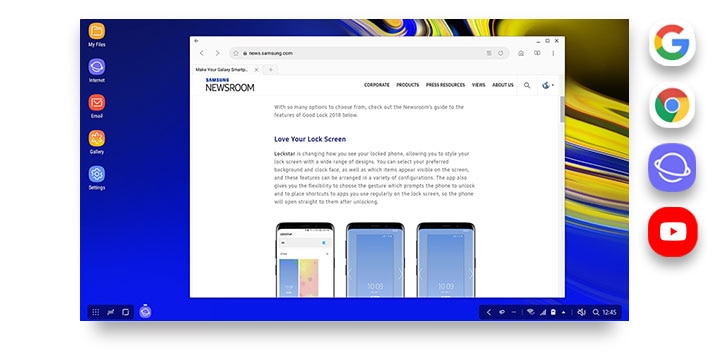

Releasing Secured Android & iOS Apps built on Appdome.Īll apps protected by Appdome are fully compatible with any public app store, including Apple App Store, Google Play, Huawei App Gallery and more.Ĭheck out the following related KB articles:.Deploying/Publishing Secure mobile apps to Public or Private app stores.Customizing, Configuring & Branding Secure Mobile Apps.Releasing and Publishing Mobile Apps with Dex RelocationĪfter successfully securing your app by using Appdome, there are several available options to complete your project, depending on your app lifecycle or workflow. All protections are built into each app and the resulting app is self-defending and self-protecting. There is no SDK and no library to code or implement in the app and no gateway to deploy in your network. Using Appdome, there are no development or coding prerequisites to build secured Apps by using Dex Relocation. Signing Credentials (see Signing Secure iOS and Android apps).To use Appdome’s mobile app security build system to Prevent Static Code Analysis, you’ll need:Īppdome account ( create a free Appdome account here) Certified Secure provides instant and in-line DevSecOps compliance certification that Dex Relocation and other mobile app security features are in each build of the mobile app To verify that the Dex Relocation protection has been added to the mobile app, locate the protection in the Certified Secure™ certificate as shown below:Įach Certified Secure™ certificate provides DevOps and DevSecOps organizations the entire workflow summary, audit trail of each build, and proof of protection that Dex Relocation has been added to each Android app. On Appdome, follow these 3 simple steps to create self-defending Android Apps that Prevent Static Code Analysis without an SDK or gateway:Ĭertify the Dex Relocation feature in Android Apps.Īfter building Dex Relocation, Appdome generates a Certified Secure™ certificate to guarantee that the Dex Relocation protection has been added and is protecting the app. Preventing Static Code Analysis on Android apps by Using Appdome Since eventually all defenses can be broken, which indicates how good a defense is the amount of work, expertise and time expected to break. What sets various obfuscation solutions apart are several things: Ease of use (e.g., specialized compilers and post-build tools), Performance (i.e., performance penalty, if any) and the reference threat level. Obfuscation is become a well-established preventive measure developers use against static reverse engineering attempts. Why Prevent Static Code Analysis in Android Apps

To do this, Appdome uses several techniques such as applying call obfuscation to the compiled Java code and modifying the function call targets to obscure functions. The purpose of control-flow relocation is to make reverse engineering tools ineffective and even unusable and to make the code difficult to trace and understand. In Android, compiled Java/Kotlin code resides in x files. Appdome’s Dex Relocation is a security feature that modifies a mobile app’s compiled code by obfuscating the logical control-flow of the app. Learn to Prevent Static Code Analysis in Android apps, in mobile CI/CD with a Data-Driven DevSecOps™ build system. Enterprise Authentication and Mobile SSO.


 0 kommentar(er)
0 kommentar(er)
